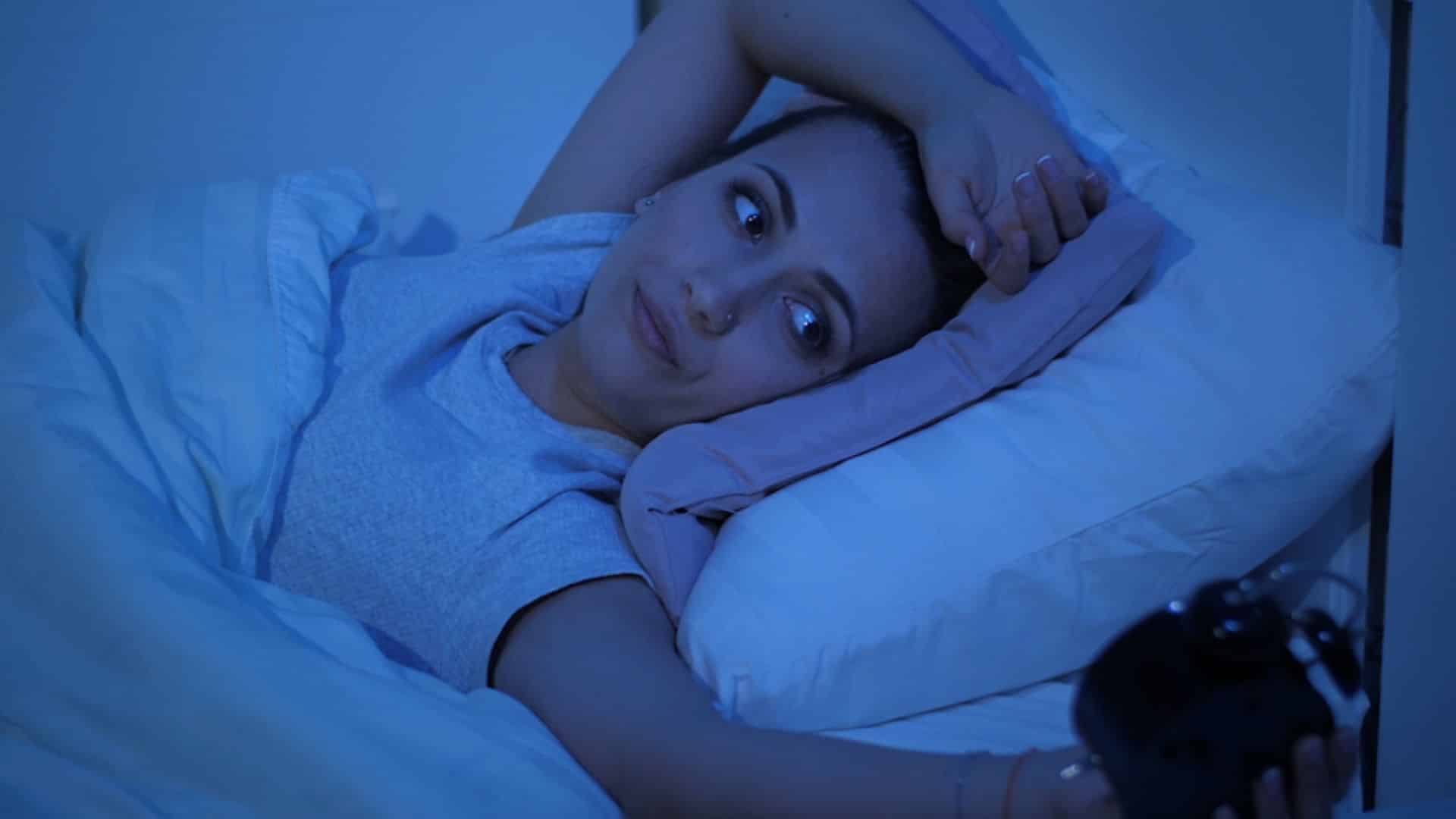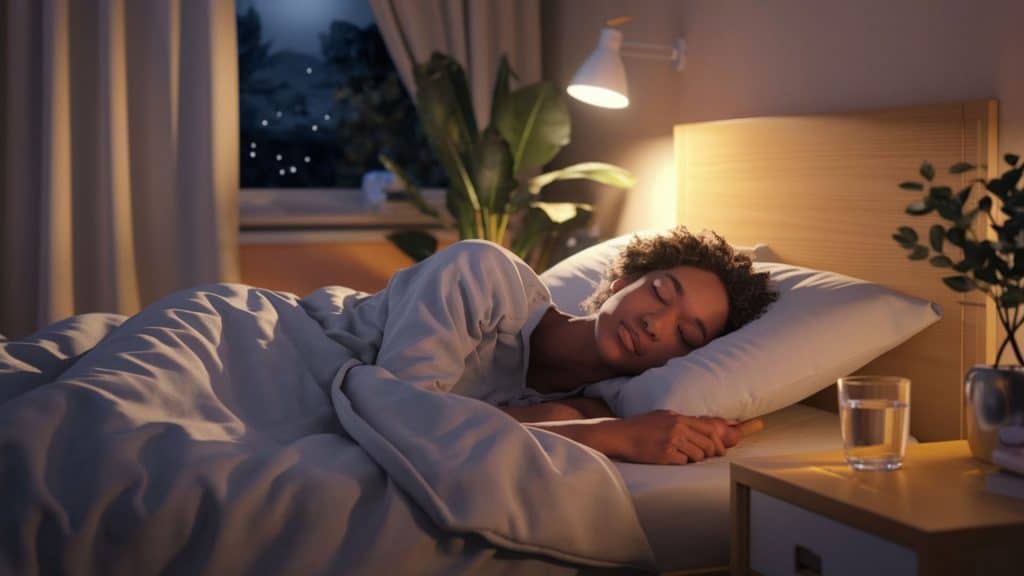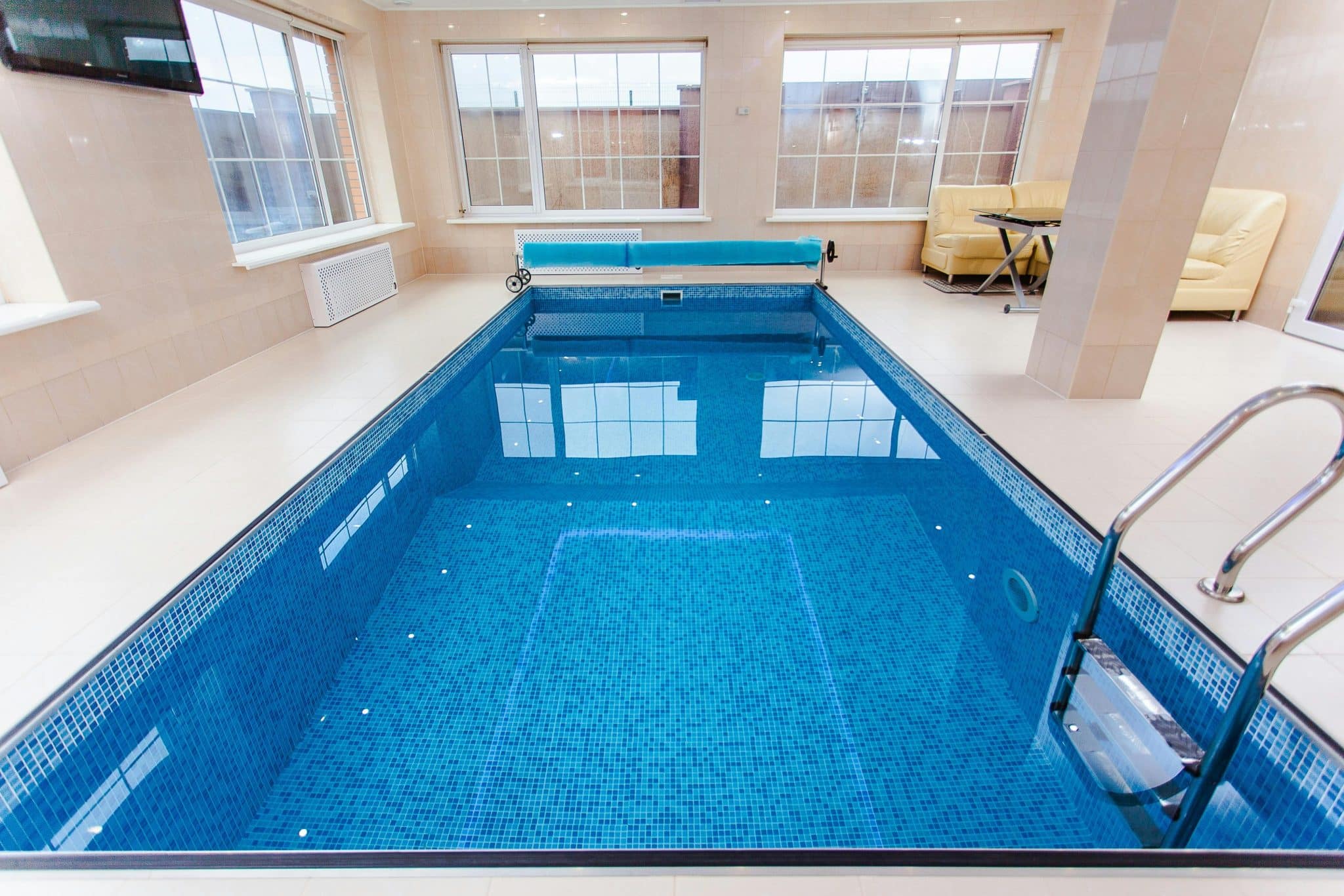Struggling to fall asleep because your mind won’t stop racing?
You’re definitely not alone in this battle. People face the same nightly challenge, and there’s solid science behind why sleep and mental health are so deeply connected.
When you don’t get enough quality rest, your brain can’t properly regulate emotions or process daily stress.
This creates a tough cycle where poor sleep makes anxiety and depression worse, while mental health struggles make it even harder to get the restorative sleep you need.
How Does Sleep Directly Impact Your Mental Health?
Your brain works overtime while you sleep, processing emotions and consolidating memories from the day. When you don’t get enough quality rest, this essential “cleanup” process gets disrupted.
Sleep deprivation affects key brain regions that control mood and emotional regulation. The amygdala, which processes fear and stress, becomes hyperactive when you’re tired. Meanwhile, the prefrontal cortex, which is responsible for rational thinking and emotional control, becomes less effective.
- Increased anxiety and worry
- Higher risk of depression
- Difficulty concentrating and making decisions
- Greater emotional reactivity to stress
- Weakened ability to cope with daily challenges
Research shows that people who sleep less than six hours per night are significantly more likely to experience mental health issues compared to those who get seven to nine hours.
Mental Health Conditions That Disrupt Sleep
The relationship works both ways. Mental health struggles often make falling and staying asleep incredibly difficult.
Racing thoughts are anxiety’s calling card, especially at bedtime. When your mind won’t quiet down, learning how to fall asleep with racing thoughts becomes essential. Anxiety can cause:
- Difficulty falling asleep due to worry
- Frequent wake-ups during the night
- Early morning awakening with the inability to return to sleep
- Restless, unrefreshing sleep
Depression commonly disrupts sleep patterns. Some people sleep too much, while others struggle with insomnia. Depression-related sleep issues include:
- Waking up too early and feeling unrested
- Difficulty falling asleep despite exhaustion
- Frequent nighttime awakenings
- Oversleeping but still feeling tired
Bipolar disorder, PTSD, and ADHD also create unique sleep challenges that require targeted approaches.
Relationship Between Sleep and Mental Well-Being
Here’s what makes this so challenging: poor sleep doesn’t just leave you tired, it actually changes how your brain processes emotions and stress.
When you’re sleep-deprived, your mind becomes more reactive to negative thoughts and less able to bounce back from daily challenges.
At the same time, anxiety and depression create the perfect storm for sleepless nights, keeping you trapped in this exhausting loop.
| Factor | Impact on Sleep | Impact on Mental Health |
|---|---|---|
| Stress hormones | Keeps you alert at bedtime | Increases anxiety and depression |
| Screen time | Blue light disrupts sleep hormones | Overstimulation worsens mood |
| Irregular schedule | Confuses your body clock | Creates additional stress and instability |
| Poor sleep environment | Makes quality rest difficult | Compounds existing mental health symptoms |
Once you understand these patterns, you can start making targeted changes that address both your sleep quality and mental well-being simultaneously.
Practical Strategies to Improve Both Sleep and Mental Health

These evidence-based techniques target both sleep quality and mental well-being, providing you with the tools to tackle this challenge from multiple angles.
1. Create an Effective Bedtime Routine for Anxiety
A consistent bedtime routine for anxiety signals your brain that it’s time to wind down. Try this simple routine:
- Set a digital curfew – Stop using devices 1-2 hours before bed
- Practice relaxation techniques – Deep breathing, gentle stretching, or meditation
- Prepare your space – Keep your bedroom cool, dark, and quiet
- Use calming activities – Read a book, listen to soft music, or write in a journal
2. Essential Sleep Hygiene Checklist
Good sleep hygiene forms the foundation of better rest:
- Maintain consistent sleep and wake times, even on weekends
- Create a comfortable sleep environment – invest in quality pillows and a mattress
- Limit caffeine after 2 PM and avoid alcohol close to bedtime
- Get natural light exposure during the day, especially in the morning
- Exercise regularly, but not within 3 hours of bedtime
- Keep your bedroom between 65-68°F for optimal sleep temperature
3. Managing Blue Light Exposure
Blue light and sleep studies consistently show that screens disrupt your natural sleep hormones. The blue light from phones, tablets, and computers suppresses melatonin production, making it harder to fall asleep.
- Use blue light filtering glasses in the evening
- Switch devices to “night mode” after sunset
- Consider blue light filtering bulbs for evening lighting
- Create a “charging station” outside your bedroom for devices
Technology Tools That Can Help: The best sleep apps for anxiety offer guided meditations, sleep stories, and breathing exercises. Popular options include Calm, Headspace, and Insight Timer. These apps can be particularly helpful when racing thoughts keep you up at night.
Bottom Line
Breaking free from the sleep-mental health cycle isn’t just possible, it’s absolutely within your reach.
Start small by picking just one technique that feels manageable, whether that’s setting a consistent bedtime or creating a simple wind-down routine.
Your brain needs time to adjust to new patterns, so be patient with yourself as you build these healthier habits.
Remember, every small step toward better sleep is also a step toward improved mood, clearer thinking, and greater emotional strength.
What sleep challenge has been affecting you the most lately? Are you dealing more with falling asleep or staying asleep through the night?
Share your experience in the comments; your story might help someone else who’s facing similar struggles.






































